I’m going to talk about something quite personal to me but by reading the following blog post I hope you will get a better idea of how my mind works – and inevitably get to know who I am better, how my allotment helped me recognise negative thinking patterns, in addition to learning more about the human nature of others.
When most people think of someone having a mental health ‘issue’ we always think of the extremes of what comes under this banner such as depression, schizophrenia etc. I myself ‘suffer’ (I type this in apostrophes as it can lead to low depressive times and high positive periods) with what I believe is a form of existentialism and often think deeply about life – more specifically, the purpose of it. This is why, I believe, I have these high times when I realise how grateful I am to have a life purpose (I love helping people, animals and teaching people) and these low times when my mind always questions the purpose of something (as to say, if it does not have a purpose, what is the point of doing it?) which inevitably seems to suck any momentary fun from my life (because you know having fun and laughing has no purpose, right?). This type of thinking has made it extremely difficult to be able to make the most of my time on this planet. It has also crippled and limited me.
Add to this becoming more aware of how the world truly works upon graduating university (such as the banking system), trying to embrace my uniqueness in a world of social conformity, becoming less materialistic and more ‘spiritual’. Include the realisation my intended career path in conservation (an urgent and vital field) is littered with budget cuts, poor pay (if at all) and uncertainty – does not paint the best of pictures!
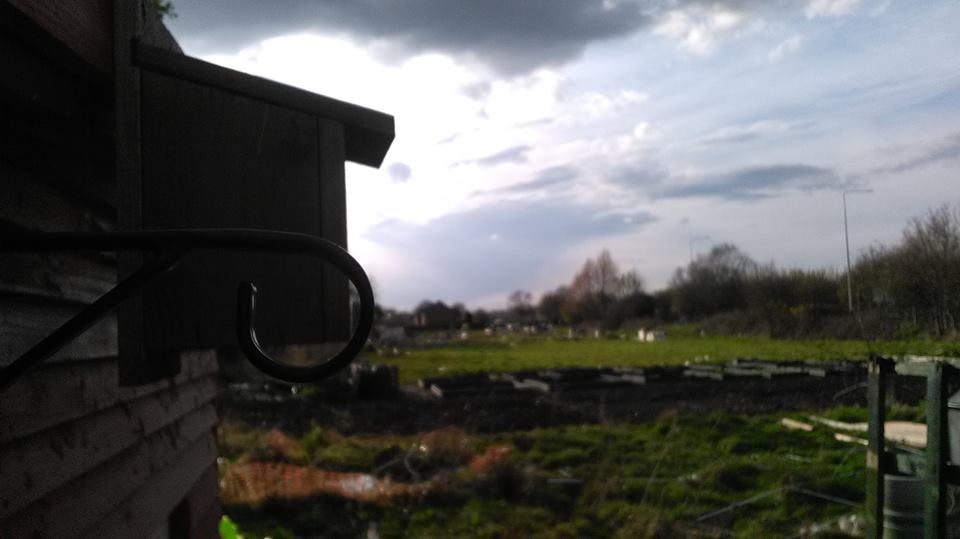
The Cup is Half Full!
Instead of looking at the negatives of this type of thinking and this situation I’m going to practice a bit of gratitude and view it in a different way.
Firstly, with regards to thinking about ones life’s purpose: As they say, the unexamined life is not worth living. Although this has afflicted me somewhat, it has also led me to more independent thinking, more reading to learn and understand, and has made me more of a unique person. After all, as another saying goes, someone who thinks the same aged forty as they did at aged twenty has wasted twenty years of their life. It makes the struggles of deciding what clothes to wear for a night out look like a drop of water in the ocean!
As for being more aware of some real truths and the struggles within the field of conservation, it has led me to reading a wider range of books from human psychology to economics & business. I also do not see an end to education at school and learning is something I will continue to do throughout my life. In addition to this, I have learnt to manage money much more better and have become more frugal (through activities such as growing my own food, cycling etc). I try not to put faith in others to help me but more so in myself – I am trying to be the change I want to be in life (as Ghandi said!).

Learning about my mental health as also helped me learn about how others think. Where as before I might let a negative personal comment impact me, I just let it pass. As the Buddha said – you meet yourself a thousand times on a thousand different paths. I am just grateful that I am on a path in which my mind is not focused on such small minded (said with no arrogance or anything intended) conversation and is filled with other stuff.
Another thing we tend to do is gauge our life compared to what society expects us to do such as settling down, having children etc. It seems questions of ones own purpose and questioning what we have been told or taught is something society seems to drive out of us. Or perhaps it even is avoided by ourselves as it may generate unpleasant thoughts.
In addition to learning to have patience and faith, I have also learnt many lessons and gained many insights about myself since having an allotment.
Mental Lessons Learnt From The Allotment
So here are some of the things I have learnt about, and have helped me, with my state of mind and thinking from having an allotment, in addition to learning about others:
Mindful Peace
As for my allotment, I have learnt how my mind works and all the habits and situations which effect my mental health. For example, I always find myself thinking of what I need to do on my plot as opposed to enjoying the activity I am currently doing. Mindfulness, as this is called, is something I need to practice daily. Being totally absorbed in the activity and not worrying about external events. I remember planting onions on two different occasions and frames of mind. One I did it thinking what I needed to be done, with the other totally absorbed in the activity of planting onions. When totally absorbed in the activity, any fearful thoughts, negative comparisons and other soul-sapping thinking totally disappeared. I was at peace with myself.

Paralysed By Perfectionism
I also have found I have a tendency of perfectionism – something which kills all fun in an activity by the worrying about whether or not it is ‘perfect’. I always think if, for example, a raised bed is the perfect shape. Then I thought, as long as it does its job, its OK. After all, there are more important things in life and nothing in itself is perfect. Why suffer the stress?. After all, the allotment is a sanctuary for me from other stressful places and situations.
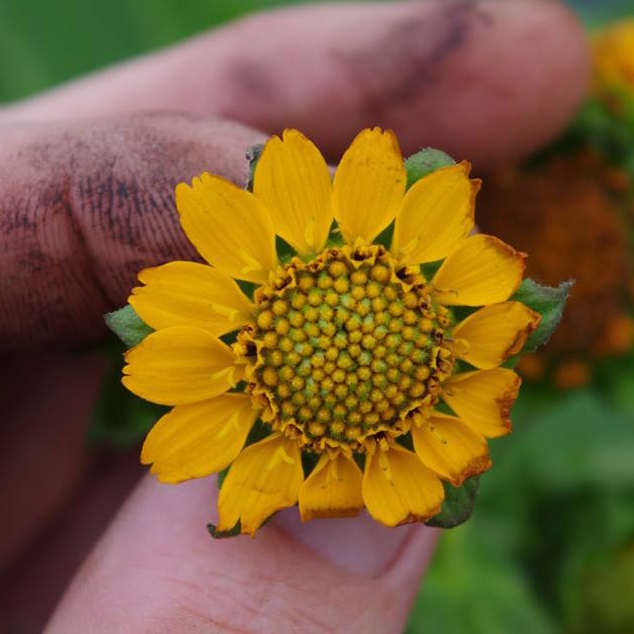
Saying you can’t – when you can!
I remember the first time I tried planting potatoes. I was late buying them after being late preparing my plot. So I posted the question (in June I think it was, or perhaps July) about how to grow potatoes in a gardening forum and was disappointed to be put off by a senior member telling me its too late and it would be a waste of my time. Guess what? I did it anyway, and low and behold, I got some exceptionally big potatoes! Was it the compost I used? Could I have got more if I had planted earlier? I don’t know the answer to those questions but I do know that if I heeded this advice from an authoritative member I would never had found out.
Lessons from this: Never give up, don’t be afraid of trying and always question authority as they can be wrong!
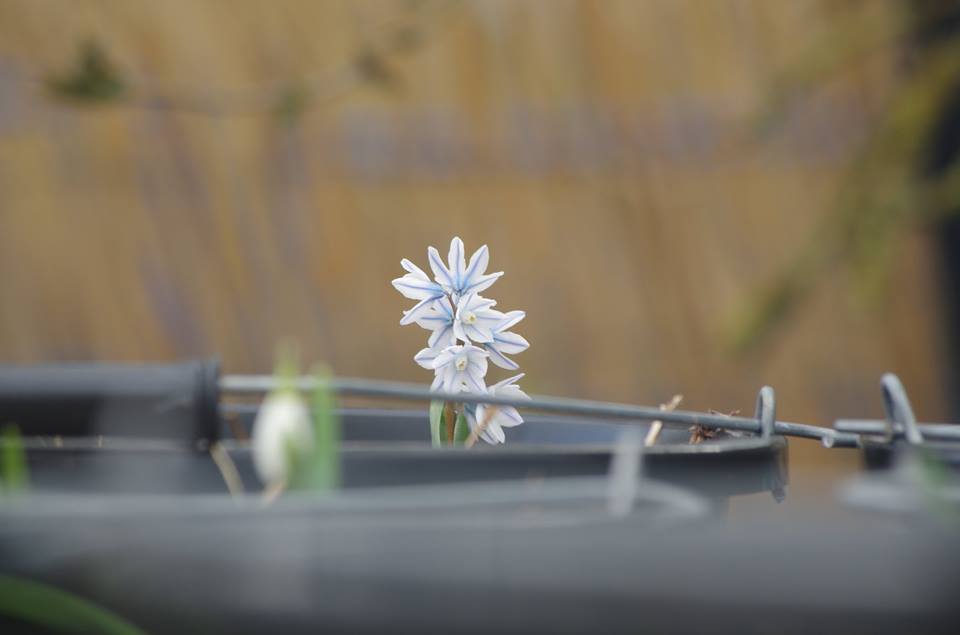
Be Flexible Like Water
Another thing I have realised about myself is a very uncomfortable feeling when I plan to do something and something inhibits my plans. For example, if I have a day off but the compost I ordered doesn’t arrive. It feels like a disaster in my mind. I now have learnt to be a bit more flexible and heed to the advice of the martial artist and philosopher Bruce Lee:
“Be like water making its way through cracks. Do not be assertive, but adjust to the object, and you shall find a way around or through it. If nothing within you stays rigid, outward things will disclose themselves.
Empty your mind, be formless. Shapeless, like water. If you put water into a cup, it becomes the cup. You put water into a bottle and it becomes the bottle. You put it in a teapot, it becomes the teapot. Now, water can flow or it can crash. Be water, my friend.”
I now try to be flexible and not make rigid plans. It still feels a bit uncomfortable when it happens but soon as the mental mist clears other tasks reveal themselves to me.

Cooperation Trumps Competition
Our allotment site has annual competitions and a bit of healthy competition can be fun and motivating. I have however, learnt that it can also lead to jealousy and other petty things which can lead to grudges between neighbours. I have also found that when we help others, they in turn help us and I have been lucky in that I have awesome neighbours who have kindly given me stuff and taken their time to help me. The psychological principle that describes this is reciprocity.
I have also experience ‘peer pressure’ on my allotment in how I should manage it and make it look like. I see my allotment as a form of self-expression which sure trumps social conformity. We learn so much through the self-expression of others which we can apply to ourselves. As the saying goes, only dead fish go with the flow!
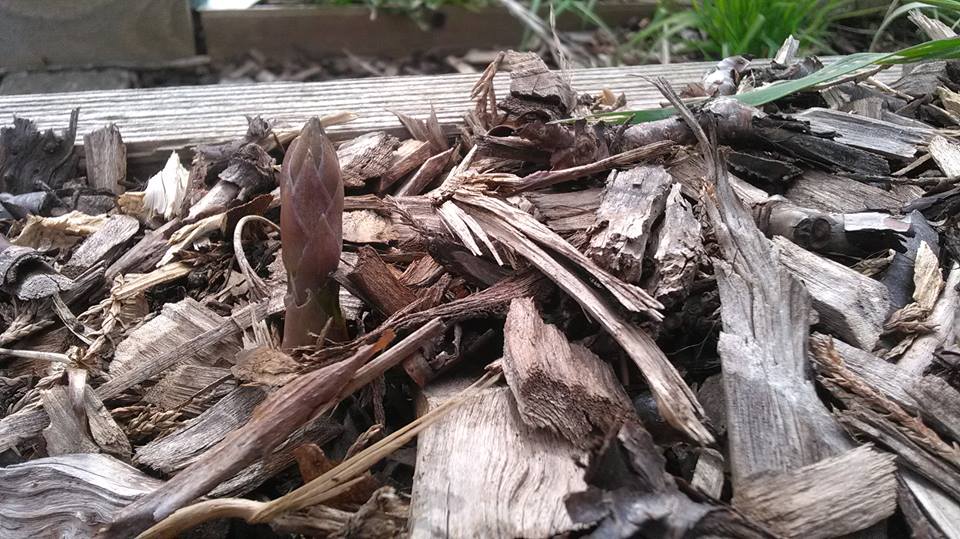
Advice Blindly Followed
Another thing I learnt is how advice is passed from one generation to the next and it is accepted and blindly followed. To steer clear of this advice and suggest an alternative seems to spark a reaction from most people similar to that of admitting you kicked the cutest fluffiest kitten down the stairs! They vastly outnumber those that are curious about this alternative advice.
Double digging is a good example of this (where you dig down a level in a row, then the next row you dig down two levels and so fort to churn up the soil). I learnt that this method was invented by gardeners in Victorian times to generate more work and thus more earnings.
If I would have blindly followed this advice and not learnt that soil organisms such as worms do the same job I most likely would have a bad back and no time to do this blog amongst many things! I find keeping an open mind helps me learn new things. And after all, I have plenty to do down my allotment anyway!

Judging Success
Another life lesson learnt from my allotment is how we judge progress and success of ourselves and others. The carrots I planted earlier in the season showed beautiful tall growth, and in my mind this equated with a good crop (if it looks like its doing really well above the soil surface it must be doing so beneath it I said to myself!). I was excited for my carrots but disappointed for my potatoes I grew late in the season which showed not much top growth. Upon pulling my carrots out however, the carrots were small and some had been attacked by pests. The potatoes however produced massive spuds beneath the soil surface!
Many lessons could be taken from this such as what others show us maybe different from reality and ‘success’ may be judged in different ways depending on many things. Like for example, if I harvested 100 potatoes one year am I successful? What about if I harvested 200 the next year? How do we measure success?
Making Mistakes
You can not talk about success without making mistakes and I have made many on my journey to learning how to grow my own food!
I originally remembered the unpleasant thoughts in my head after I had made a mistake and inevitably planted something in the wrong place leading to its eventual parting of existing. It doesn’t help that for some reason society see’s mistakes as something to be ashamed off. However this is how we learn and I remember coming across something along the lines of mistakes = miss-takes. If I don’t try I will never learn something new and the odd mistake here and there will help me do this! And to not make a mistake is not to be human!
Is there anything you have learnt about yourself and how you think when you are engaged in the hobby or interest you have?
I still have a lot to work on myself as I am not there yet but I will get there one day!
Until then, speak soon 🙂
Samuel
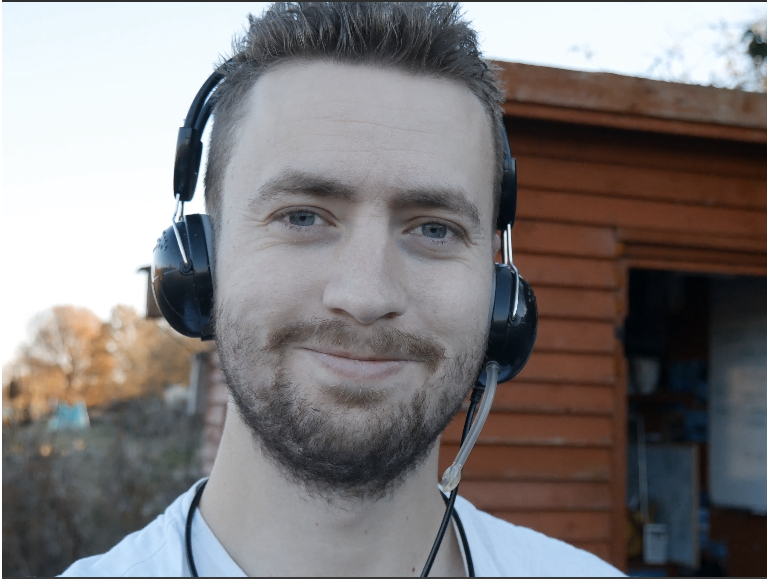
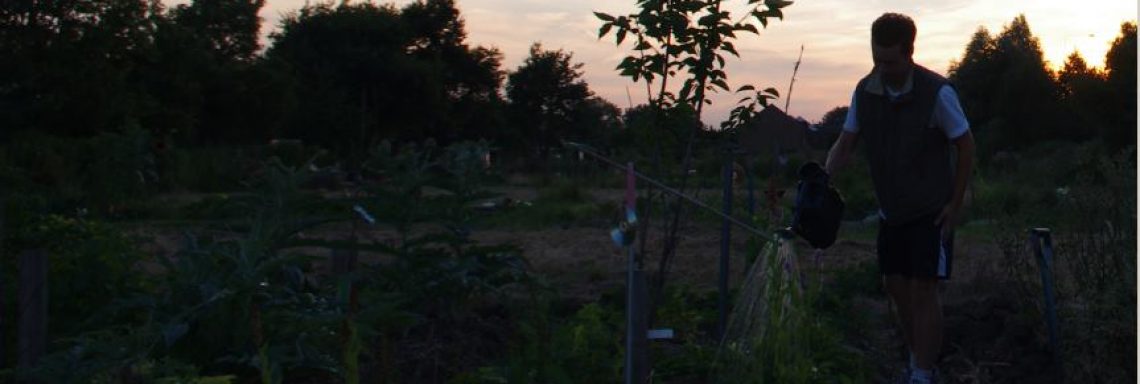
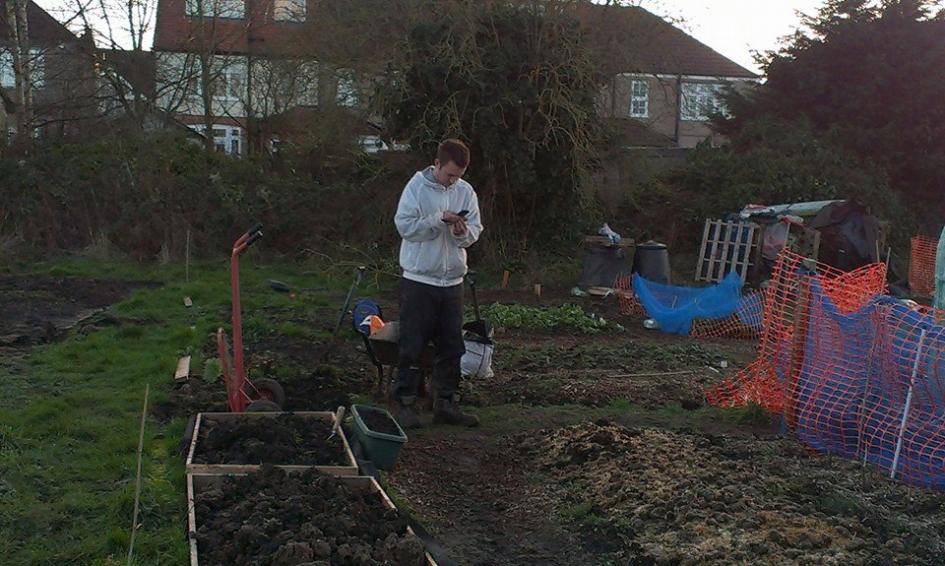

Dear Samuel, Thanks for writing this, it is helping me at the University of Life, which I hope to graduate from one day!.
LikeLike
I’m glad you find it of some use 🙂 I hope your OK mate 🙂
LikeLike